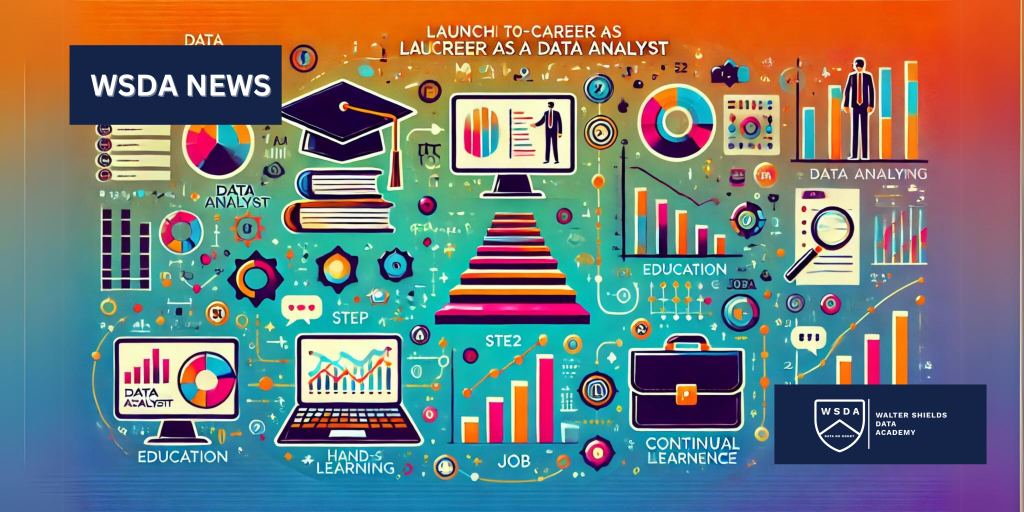Step-by-Step Guide for Launching Your Career as a Data Analyst

Discovering the Role of a Data Analyst
Have you ever wondered how businesses use data to solve problems and drive growth? Enter the world of data analysts—professionals who gather, process, and interpret data to provide actionable insights. These experts play a crucial role in helping organizations make informed decisions, optimize operations, and understand consumer behavior.
Navigating the Journey to Becoming a Data Analyst
If you’re an aspiring data analyst, career changer, or recent graduate, this guide is for you. We’ll explore the essential steps to kick-start your career in data analytics and help you become a sought-after professional in this dynamic field.
The Educational Foundations
Earning Your Bachelor’s Degree
Most employers require a bachelor’s degree in fields such as data analytics, computer science, statistics, or information systems. If your degree is in a different discipline, consider enrolling in data analytics bootcamps to fill any knowledge gaps, especially in coding and programming languages.
Gaining Practical Experience
Hands-on experience is invaluable. Look for internships, bootcamps, or on-the-job training opportunities that allow you to apply your skills in real-world scenarios. Practical experience not only enhances your resume but also helps you build a robust portfolio.
Building Your Credentials
Pursuing Professional Certifications
While specific licenses may not be necessary, obtaining certifications can boost your credibility. Consider certifications like CompTIA Data+, Certified Analytics Professional (CAP), or Associate Certified Analytics Professional (aCAP). These credentials demonstrate your expertise and commitment to the field.
Considering Advanced Degrees
Although not mandatory for entry-level positions, a master’s degree in data science can pave the way for senior roles. Advanced degrees deepen your knowledge and increase your competitive edge in the job market.
Diving Into Specializations
Exploring Various Roles
Data analysts can specialize in diverse fields, including:
- Business Intelligence Analysts who focus on company revenue, competitors, and customer data.
- Finance Analysts who evaluate investment-related data for banks and corporations.
- Healthcare Analysts who work with medical facilities and insurance companies to optimize patient satisfaction and reduce costs.
- Operations Research Analysts who find ways to improve business efficiency.
- Market Research Analysts who study consumer behavior and buying patterns.
The Rewarding Prospects of a Data Analyst Career
Salary Expectations and Job Outlook
According to Glassdoor, data analysts earn an average annual salary of around $108,000, with a range of $86,000 to $137,000. The Bureau of Labor Statistics (BLS) projects a 35% growth in data scientist careers from 2022 to 2032, emphasizing the increasing demand for data analytics professionals.
Joining Professional Organizations
Expanding Your Network
Professional organizations offer resources like continuing education, networking, and industry publications. Consider joining:
- Institute of Analytics (IoA) for global membership and networking opportunities.
- Institute for Operations Research and the Management Sciences (INFORMS) for certifications, conferences, and educational resources.
- International Society for Data Science and Analytics (ISDSA) for workshops, publications, and reduced conference fees.
Conclusion
To become a data analyst, you need a combination of education, practical experience, and ongoing learning. By following these steps, you’ll be well on your way to a rewarding career in data analytics. Continue exploring, remain curious, and always keep learning.
Data No Doubt! Check out WSDALearning.ai and start learning Data Analytics and Data Science Today!

